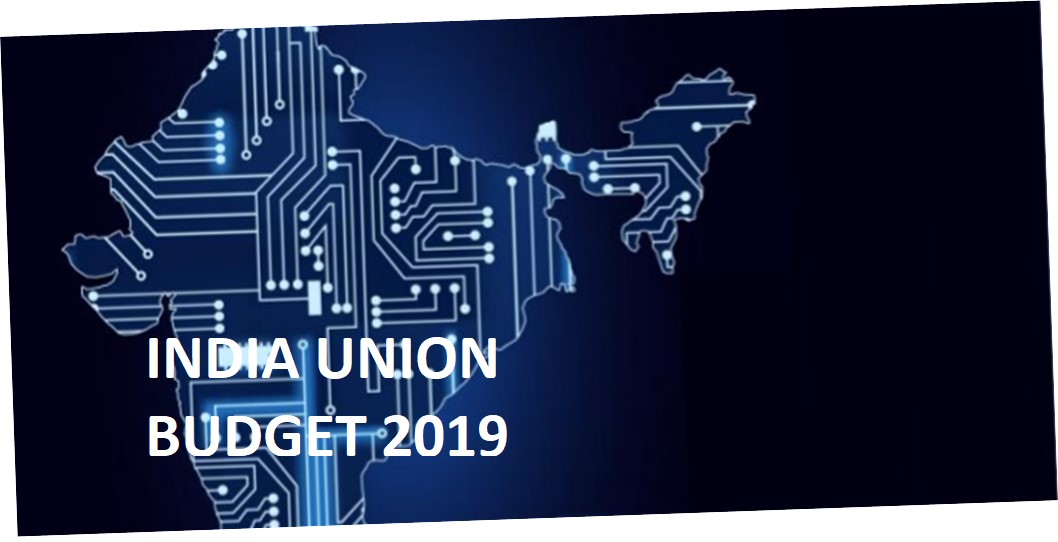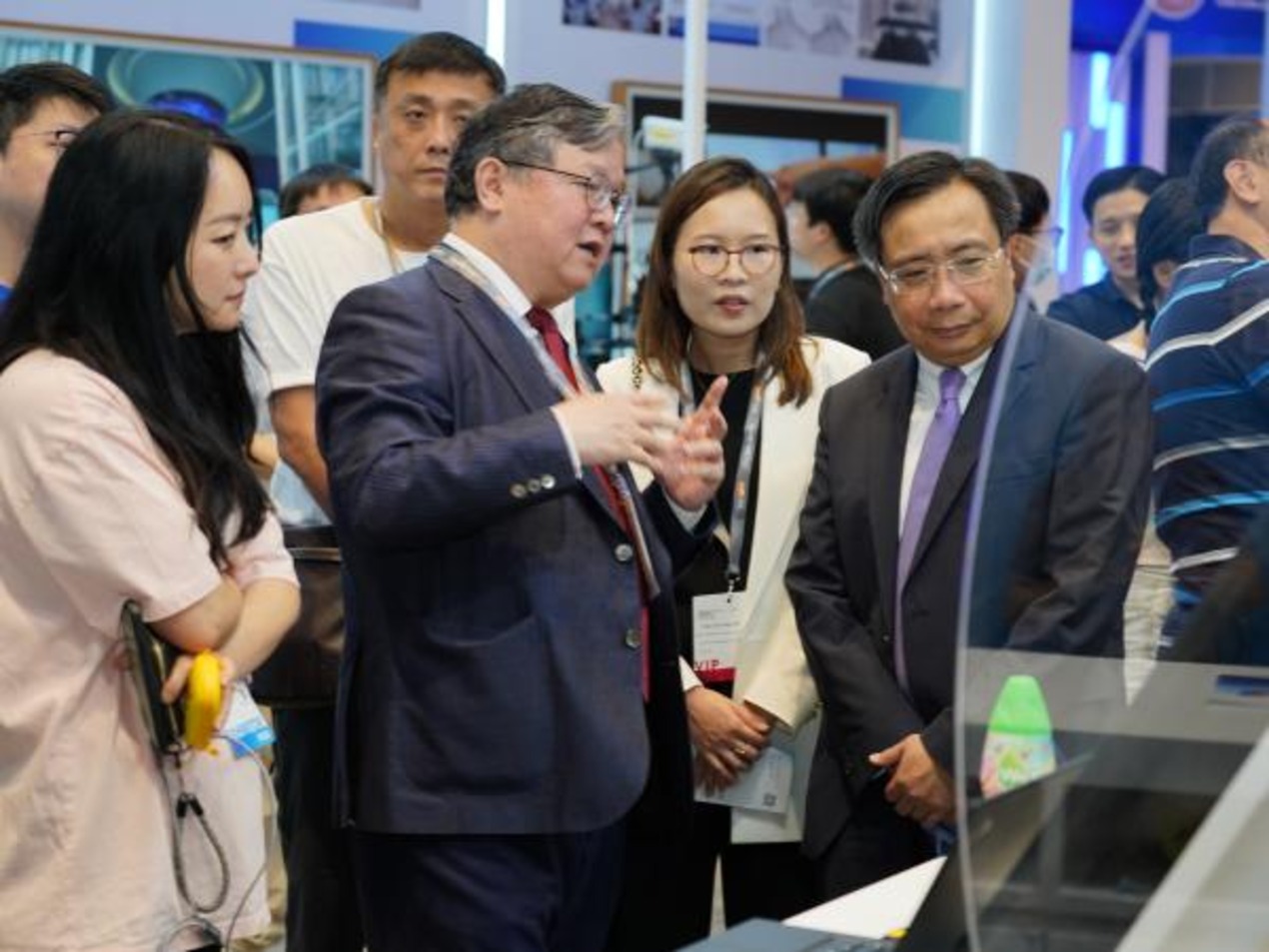
The Finance and Corporate Affairs Minister, Nirmala Sitharaman, presented the maiden Union Budget of the Modi Government 2.0, last week.
The budget highlighted the need for large investments in infrastructure, the digital economy, and job creation in small and medium firms to achieve India’s goal of being a 5 trillion-dollar economy.
The Indian economy, the Finance Minister said, has added one trillion dollars over the last five years due to the various initiatives and reforms that the government has implemented. The economy is on track to be a three trillion-dollar economy in the current year.
The government is investing heavily in technological development. It has proposed a scheme to invite global companies to set up mega-manufacturing plants in areas like semiconductor fabrication (FAB), solar photovoltaic cells, lithium storage batteries, computer servers, and laptops.
Electric Vehicles
With the budget, electric vehicles (EVs) will get a boost as India aims to become a global EV manufacturing hub. The GST rate on EVs will be lowered from 12% to 5%.
Furthermore, under the second phase of the FAME (Faster Adoption and Manufacturing of Hybrid and Electric Vehicles) scheme, only advanced battery and registered EVs will be incentivised. The government wants to provide affordable and environment-friendly public transportation options for Indian citizens.
The main objective of the scheme is to encourage faster adoption of EVs through upfront incentives on the purchase of EVs and also by establishing the necessary charging infrastructure for the same.
The Finance Minister said that the inclusion of solar storage batteries and charging infrastructure in the FAME scheme will boost manufacturing. The government is implementing an additional income tax deduction of about US $2,184 on interest for loans taken to purchase EVs.
Aadhaar and PAN cards
Currently, over 1.2 billion Indians have Aadhaar cards. The Finance Minister proposed to make PAN and Aadhaar cards interchangeable, therefore, those who do not have a PAN can instead quote their Aadhaar number for verification and filing tax returns. Likewise, Aadhaar cards can be used wherever a PAN number is required.
The Minister also proposed the launch of a faceless e-assessment with no human interface. The project will be carried out initially in cases requiring the verification of certain specified transactions or discrepancies.
Digital payments
Over the last few years, the government launched several initiatives to promote digital payment methods. To discourage business payments in cash, the government proposes to levy TDS of 2% on cash withdrawals exceeding around US $145,675 in a year from a bank account.
Digital payment methods like BHIM, UPI, Aadhaar Pay, NEFT, and RTGS will be used to promote a cashless economy. Business establishments with an annual turnover of about US $7.3 million will have to use these modes of payments. No charges or merchant discount rates will be imposed on customers or merchants. The Reserve Bank of India will absorb these costs.
UJALA Yojana
The government launched a programme for the mass scaling-up of LED bulbs for widespread distribution at household levels. The programme led to the massive replacement of incandescent bulbs and CFLs in the country, according to a press release.
Approximately 350 million LED bulbs have been distributed under UJALA Yojana. India aims to be free of incandescent bulbs and the use of CFLs has already become miniscule.
Modernisation of the railway sector
For the railway sector, the budget has proposed using a public-private partnership for faster development and completion of tracks, rolling stock manufacturing, and delivery of passenger freight services.
India’s first indigenously developed interoperable transport card based on the National Common Mobility Card (NCMC) standards was launched in March this year. It will make travelling across various modes convenient for citizens.
















